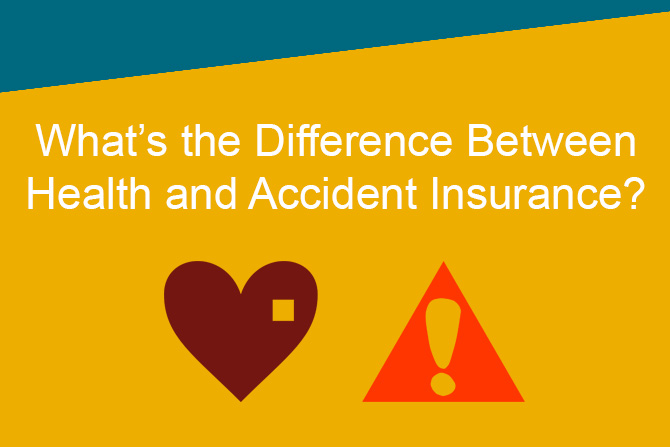Cancer Insurance Pros and Cons
October 22, 2020

It’s a diagnosis that just about everyone fears – the big “C.” Of course, there are many factors that determine the potential severity of the situation and the appropriate course of action. Those often can include questions about health insurance coverage, since expenses related to cancer treatment can mount up fast.
Most people are (hopefully) pretty familiar with what standard medical insurance covers. But many may not be aware that coverage specifically related to cancer may be available. These policies can serve as a worthwhile supplement to the coverage provided under an individual’s existing, broad healthcare policy.
One role of this kind of supplementary coverage is, of course, to avoid tapping into current income or savings to meet these expenses. In addition to medical costs, this coverage can be especially valuable in dealing with “non-medical” expenses that could be necessary and have to be paid.
What Is Covered?
Cancer-related expenses that may be covered include:
- Surgery
- Nursing
- Doctor visits
- Hospital stays
- Prescription drugs
- X-rays
- Radiation
- Chemotherapy
- Tests, treatments, procedures
- Child care
- Dietary assistance
- Out-of-network specialists
- Transportation/ambulance
- Travel and lodging for treatment far away
- Co-pays
- Deductibles
Check the details!
Not only does this coverage help defray costs, having it in place can also alleviate some of the stress of an otherwise very difficult situation.
How to Decide?
Some cancer insurance pays an upfront lump-sum benefit when an initial diagnosis of cancer is made. The amount of that benefit can vary widely depending on the policy involved. Other policies work on an expense-incurred basis to pay a portion of covered treatments, often with a maximum dollar limit.
Is cancer insurance worth it? That’s a highly individual call to make based on personal risk tolerance, overall financial resources, family history, existing coverage under basic health insurance, etc. Evaluating cancer insurance pros and cons requires time and thought.
Another option to consider is critical illness insurance. In addition to cancer, these kinds of policies may cover conditions like heart attack, stroke, kidney failure and organ transplant. Also, depending on your age, take a look at the coverage you may have under a Medigap plan.
As with any decision on health insurance, it’s important to do your homework – ahead of time. Determine what your current policy does and does not cover. Make sure you understand the details of supplementary cancer coverage, including any potential limitations and waiting periods or restrictions based on past cancer diagnoses or other health conditions such as Hodgkin’s disease or AIDS.
A caveat: Cancer insurance is definitely not a substitute for your primary healthcare coverage. It’s meant to be a supplement. On the other hand, it’s not meant to be a duplication of existing coverage, either. The first step is to revisit your current insurance and get some professional advice to determine the best choice for you.
At KeenanDirect, we can help you evaluate your options. Click here to learn more about your cancer insurance policy options.









